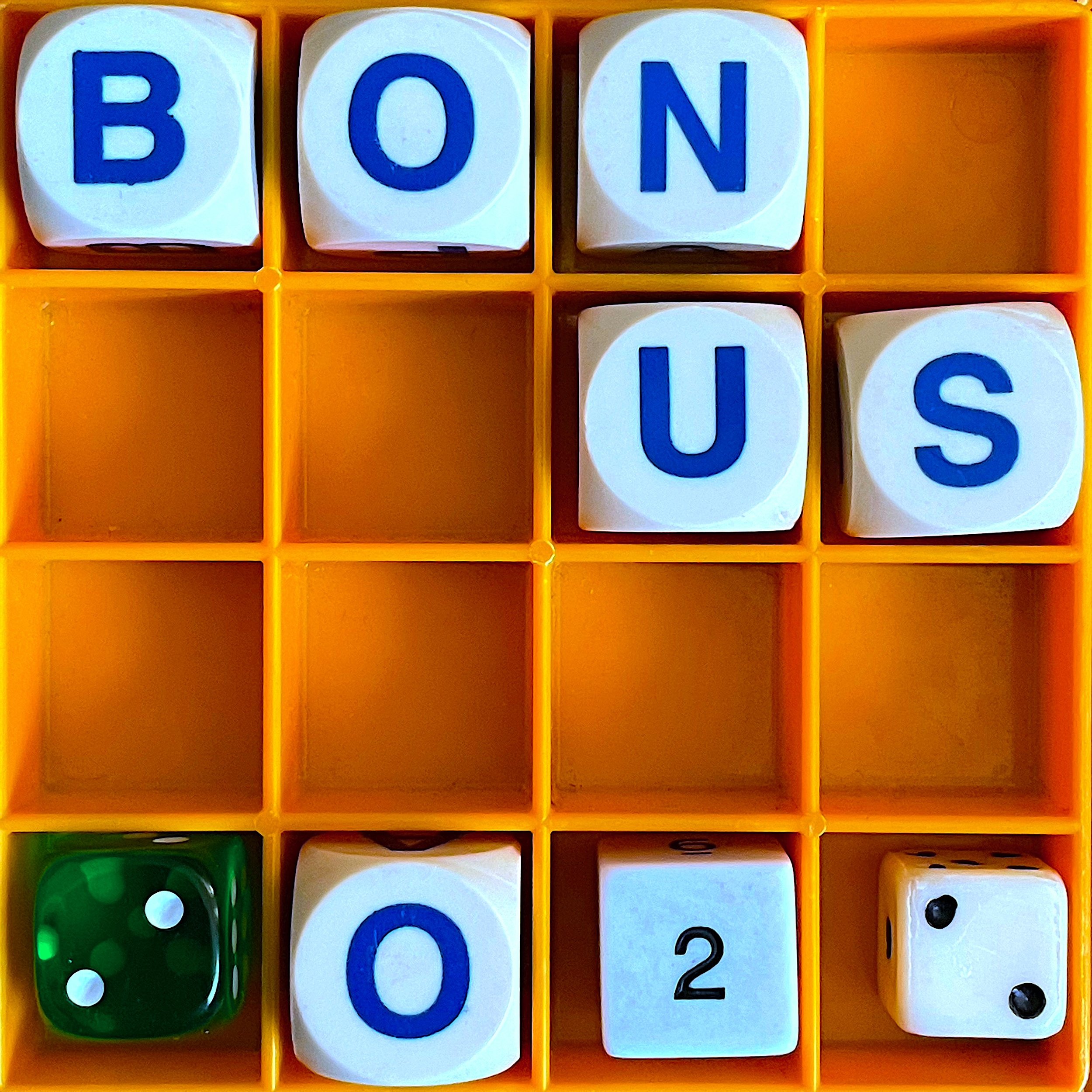This is the 199th episode of the show, and since before this show began, so for nearly a decade, I have been jotting down ideas in two documents - one for short ideas, one for long ideas. There are always more ideas than I have time and ability to make podcasts about, so now the documents are altogether 66 pages long and growing every day. So in this episode, you’re going to hear 199 ideas that I wanted to put into the podcast and haven’t yet.
Read moreAllusionist 197. Word Play part 7: Word Sport
Unleash the bees!
Read moreAllusionist 167 Bonus 2022 transcript
TIM CLARE: Hippocampus, meaning ‘horse’ because it looks like a a sea horse, right? …Oh, don't look at them! They look absolutely terrifying!
HZ: I I've never seen a hippocampus, so I don't know.
TIM CLARE: There is a real David Cronenberg-like element to them.
Allusionist 148 Bonus 2021 transcript
TAMSIN MAJERUS: Male killing is caused by bacteria that live in the female ladybird, and they get into her ovaries and, and into the eggs that she produces and somehow, and we don't really know how, they kill off the embryos that are destined to become male. So when she lays her clutch of eggs, normally we expect half of those will end up being female ladybirds, the other half will be male ladybirds; but a female ladybird that has a male killer will often have a clutch of eggs where only about half of them hatch and the whole for hatch go on to become feat. So the males were killed right at the very beginning of their lifetime. it works surprisingly because the female larvae and something, which is slightly disgusting as they emerge from the egg, they need to eat something very quickly or they'll starve to death.They've got male eggs right there that aren't hatching into larvae. They eat those eggs. So they eat their dead brothers, nasty little bit of cannibalism, but -
HZ: Well, it’s pragmatic cannibalism.
TAMSIN MAJERUS: Yeah, exactly.
Read moreAllusionist 133 Cake Is Mightier Than The Sword transcript
JUAN PALACIOS: So as a funny, but actually as a political comment, a political statement, they start naming the pastries with these names. Who would they attack? The police; the army; the church: the structures of power that they were trying to take down. Hence the names. It's funny but it was more than that. It's a political statement.
MADI LANG: It really characterizes the people. Because I don't think they thought they were going to start a revolution. They were just being kind of disrespectful in a very open, normal way, like, what if instead of calling it pizza they called it "the fuck you"?
Allusionist 128 Bonus 2020 transcript
KATE LISTER: When you're looking back at old texts and they're talking about 'slut holes' that need clearing out, it makes us fall about laughing; but what they actually mean was like a hole that was just full of rubbish and crap in the street, that you'd put coal into and store there. And there's something that was called ‘slut wool’ as well. You know when you lift up the sofa or the bed and you call them dust bunnies now, all those balls of dust - that was ‘slut wool’ once upon a time.
Read moreAllusionist 79. Queer - transcript
AMY SUEYOSHI: I see 'queer' as an umbrella term, as a political call for revolution as well as unity across different groups of people.
JONATHAN VAN NESS: I think of it definitely with positive and loving energy around it, I don’t think of it as an insult at all; growing up, I would have thought of it more as an insult. I think it was in 2015 when we got marriage equality, and the media, especially the LGBTQ+ media, began to use it as an umbrella term, something we could all be part of. So I think I got the cue from media to know that it was a gorgeous amazing word, one where we’re taking the love back and it wasn’t one to be offended by any more.
KATIE MINGLE: I haven’t always loved the term for myself, because it feels like an umbrella term that you can use if you’re gay and in a relationship with someone of the same sex, or you can use if you’re a basically straight couple who occasionally has a threesome with someone. That’s what ‘queer’ has come to mean: anyone who’s not inside the norm.
AMY SUEYOSHI: I think it's rejecting things like patriarchy and heteronormativity, mandates of morality. So not just to be able to keep things gray or to be postmodern, post category, but instead rather to call for a true revolution of the way we see the world, the way we categorize the world. So it's not just about LGBT rights per se but it's about creating a world that's more respectful of equity and thinks about diversity as a plus and values different ideas as a side of radical change rather than fear.
KATIE HERZOG: I sort of hate it. It’s too broad.
TOBIN LOW: It's so useful. I mean especially as there is this proliferation of identities that people can call themselves and identify with and really claim, it's a great way of just sort of acknowledging that it's all in the umbrella and that it's all valid; it's just like a way of acknowledging the validity of all the things, which I think is great.
ERIC MARCUS: This word has tortured me.
Read more





